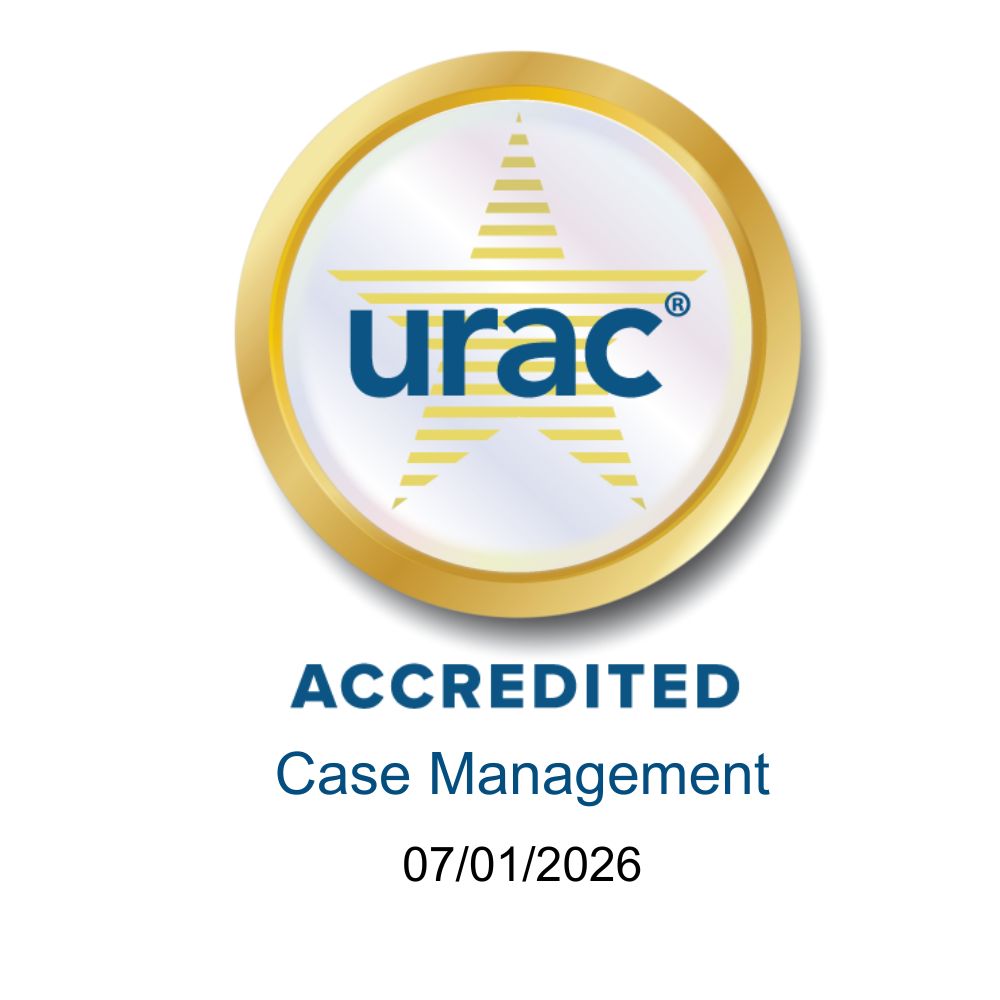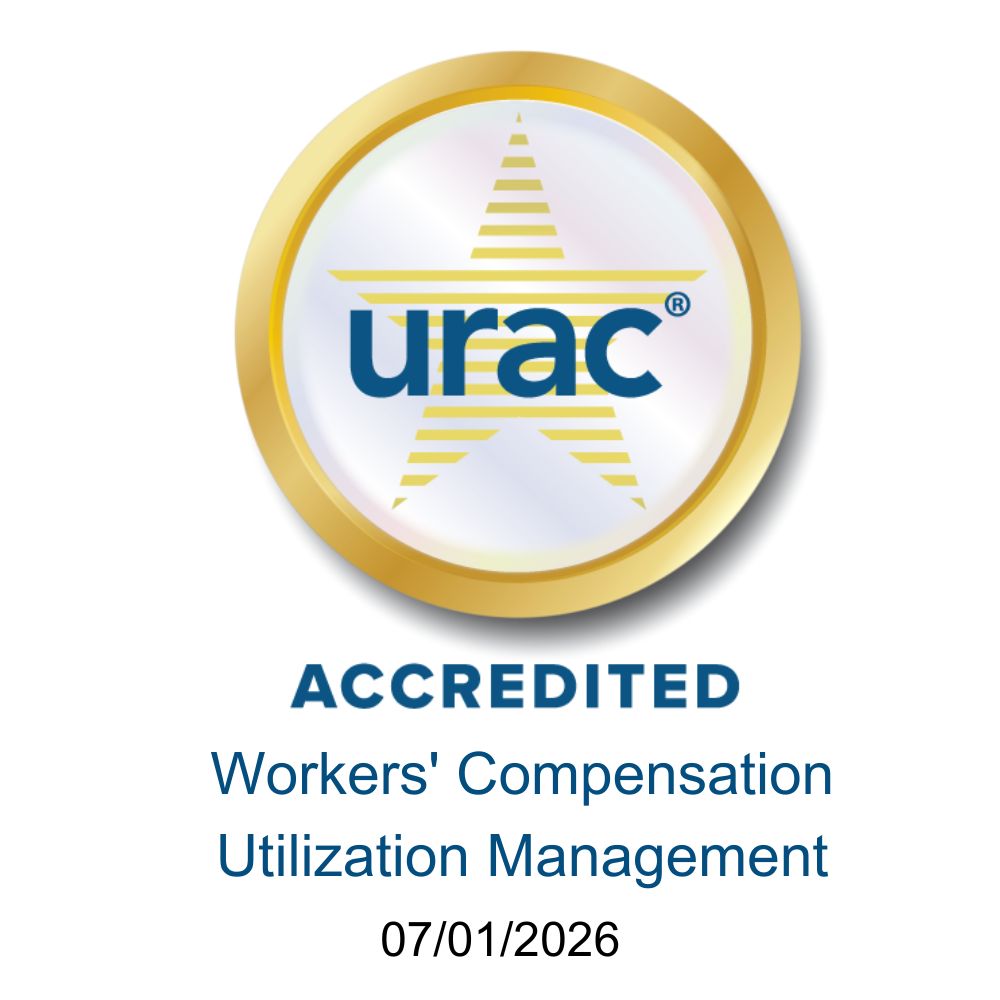
/EK-Day%20In%20the%20Life%20of%20a%20NCM%20-%20tw.jpg)

At EK Health, we love and appreciate our nurse case managers and we are in awe of the day to day impact they have on the lives of injured workers and their communities. Now more than ever, we recognize the need of our nurses and are inspired by their determination and willingness to heal our world. Our appreciation is great and we encourage you to take the opportunity to show your gratitude – buy them a meal, give them a gift card, help with errands, tell them thank you!
To honor our nurse case managers during Case Management Week, and to give you a little glimpse into their world, we invite you to spend a day in the life of a nurse case manager.
Natasha* woke to the wet nose of her lab, Nemo, nudging her out of bed. The late night at her computer had been worth the extra effort for her patient, Melanie*, who was now scheduled for the right procedure with the right doctor at the right time. She’d reviewed Melanie’s medical records and her doctor’s treatment request to ensure everything was in order – medically necessary according to evidence-based medical guidelines and related to the compensable injury. Melanie’s case went well beyond a simple authorization, though, as she was a single mother of three with limited support for the void her inpatient back surgery would create.
When Natasha had done the discharge planning with the hospital and home health, she had realized that Melanie had additional needs beyond her medical care. Melanie needed her support network to assist during her hospitalization, but also for her post-operative care at home. Natasha had seen to it that Melanie’s family, friends, and neighbors were ready to provide the childcare, transportation and home support she’d need for the weeks following her surgery. She’d scheduled the home health nurse who would tend to Melanie’s medical needs post-operatively. Most importantly, she’d been there for Melanie as a patient advocate to ensure that she fully understood what to expect from the procedure and during the recovery period. This was Natasha’s favorite part of the job – it reminded her of her long days and nights working the floor of the hospital, being there for her patients in the times they most needed her.
In the past few weeks since she’d been assigned Melanie’s case, Natasha had built a great rapport with her and they both looked forward to the frequent calls to check in on her progress. With one last stretch, Natasha rose to get ready for Nemo’s walk, stopping by the coffee pot on her way to the door. As she put the lid on her coffee cup and headed to the door, her phone dinged, reminding her that her first meeting of the day would start in an hour. While she and Nemo walked around the block, she reflected on the case she’d be discussing in that roundtable meeting.
It had been a difficult case, what some in the industry called a “dog file” because they lingered with dogged persistence. While most cases closed quickly, this one had hung on and on due to a complex medical diagnosis and several other factors. The patient, Earl*, was a truck driver who had delayed reporting the injury to avoid being sidelined from work. When he finally couldn’t bear the pain any longer, he reported a back injury that had advanced from a simple sprain to a nerve impingement that would require surgery. The roundtable meetings were productive and Natasha was confident that as a team they could get the case resolved successfully. These meetings kept everyone on the same page – Natasha as the case manager, her Medical Director, her Nurse Manager, the claims adjuster, and the Claims Supervisor – all focused on the single goal of obtaining the best possible outcome for Earl.
Throughout the day, Natasha made phone call after phone call, documenting everything in her digital case files. Her training had drilled into her the importance of documenting every detail from being assigned a claim to resolving it. It was her responsibility to keep everyone in the loop and focused on ensuring the best possible medical care for every injured worker on her caseload. She reviewed the notes in the claim file from the adjuster, documented authorized treatments in the system so the bill reviewers could later process payment only for the approved treatments.
One of the challenges she’d tackled on this particular day was the endless game of phone tag with the hand surgeon performing a delicate surgery on an injured employee who had sustained nerve damage from a machinery accident at work. As a Registered Nurse, she knew how important it was to quickly schedule the surgery with the most qualified hand surgeon. The procedure would cost more in the short term, but it would prevent far greater medical costs in the future. It had felt great when she got everything squared away and updated everyone involved on the progress and the plan. Another challenge had been finding a qualified medical provider close to an injured employee’s home, which was in a remote, rural area. The solution in this case had been a telemedicine appointment, which had resulted in excellent medical care from the convenience of the employee’s living room.
She assigned field nurse case managers to visit some of her patients for at-home wound care or other inperson support they needed. She collaborated with her patients’ supervisors at work to arrange a safe opportunity for them to work when they were able to return in a modified capacity. She’d learned how much more quickly patients recovered when they feel productive and “normal” again after an injury that took them out of work. After all the meetings and phone calls, it was time to pick up her kids from soccer practice and face the dreaded grocery list.
As Natasha logged off her computer, she smiled as she thought of all the people whose lives she’d touched in a single day. Not all of the conversations had been pleasant, of course, but even the challenging ones were all for the best cause – improving the lives of the patients she helped every day. Nemo nudged under her arm as if asking to go with her to pick up the kids. How could she refuse? He’d been at her side all day helping her help so many others. If only grocery shopping and cooking came as naturally as being a nurse case manager, she thought.
*All names have been fictionalized; any resemblance to actual individuals or scenarios is purely coincidental.
Click Here to download a PDF copy of the article
RELATED CONTENT |
||
|




/EK-Health---Day-in-the-Life-of-a-NCM-(2020-NCM-Week)-1.jpg)
/EK-Health---Day-in-the-Life-of-a-NCM-(2020-NCM-Week)-2.jpg)
/EK-Health---Day-in-the-Life-of-a-NCM-(2020-NCM-Week)-3.jpg)
